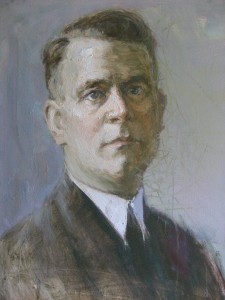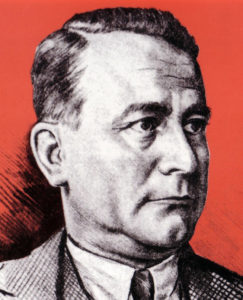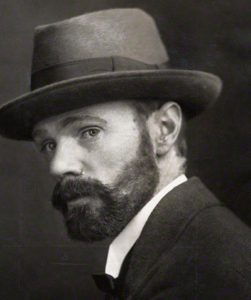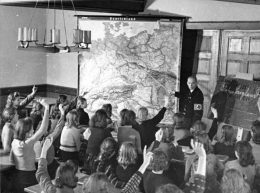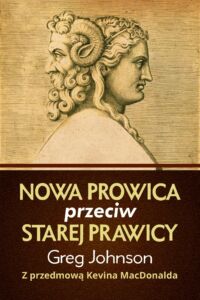
Książkę Grega Johnsona Nowej Prawicy przeciw Starej Prawicy można kupić tutaj.

Książkę Grega Johnsona Nowej Prawicy przeciw Starej Prawicy można kupić tutaj.
4.679 słowa
English original here; also Spanish
Część 13 (Rozdział 1, Rozdział 10, Rozdział 12)
Wprowadzenie
Biali nacjonaliści muszą radzić sobie z holocaustem tak, jak musimy radzić sobie z całym problemem żydowskim.
Jałowym jest skupianie się tylko na obronie interesów białych i ignorowanie Żydów po prostu dlatego, że Żydzi nie odwdzięczą się za tę przysługę. Może nie wybrałeś sobie Żydów na wrogów, ale oni wybrali już ciebie. (more…)
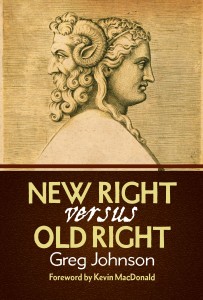
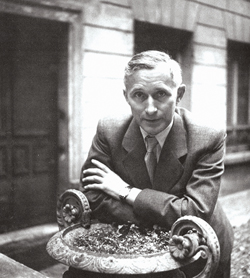
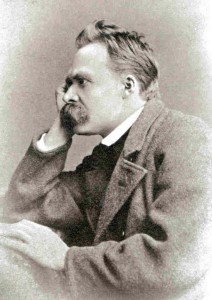 186 words
186 words